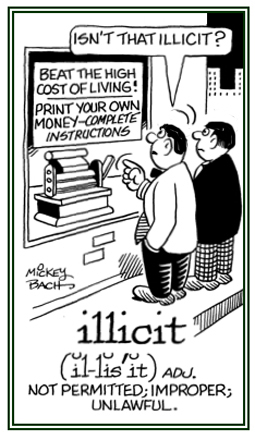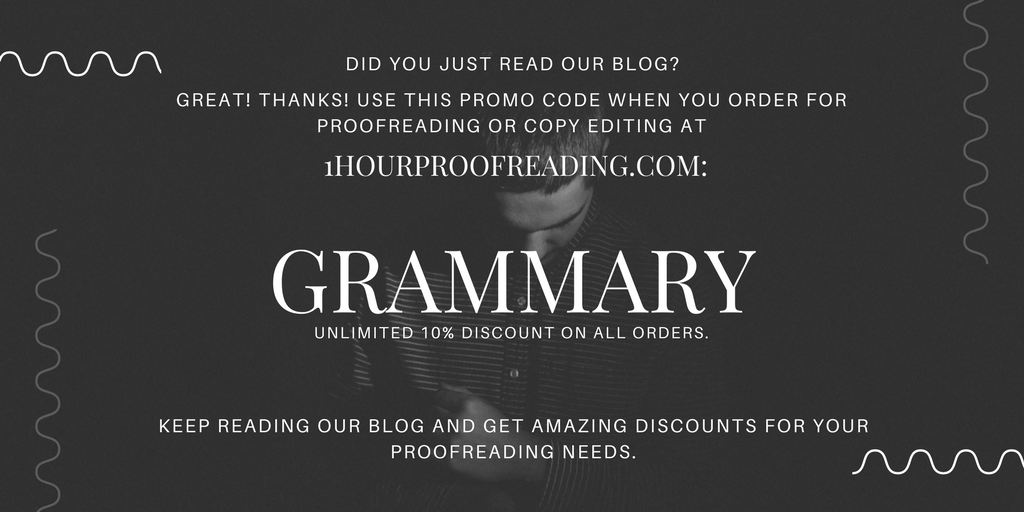Grammar Chaos: The Red Tape between Elicit and Illicit
Posted on Nov 14, 2018
Have you ever caught yourself trying to tell apart similar-sounding words such as elicit and illicit? If you can’t wrap your head around these homophones, here’s a bit of help!

Some people know things that other people don’t—at least when the latter are still young. For example, kids aren’t allowed to watch some TV shows or movies that adults watch because of “grown-up” themes. Soon, these same kids grow up and realize that certain words that sound alike often don’t mean the same thing. So what was it the grown-ups were watching? Elicit or illicit content?
We’ll put your mind to rest by starting with the answer to the above question, which is illicit. Merriam-Webster (MW) defines this word as an adjective that means “not allowed by law” or “involving activities that are not considered morally acceptable.” Government boards usually slap on ratings for TV shows and movies with illicit content, which adults can watch but minors aren’t allowed to see yet. However, MW also notes that the difference between what is “illegal” and what is “immoral” can be somewhat shaky.
These categories frequently overlap, but they are not always synonymous, as some unlawful activities (illicit cigarette smoking) may not be considered immoral, while some immoral activities (an illicit affair) are not illegal.
Here are some sample sentences that use illicit:
Illicit behavior is not allowed in the workplace or the classroom.
He was sentenced to jail time for his illicit actions against the community.
- The mother covered her son’s eyes during the illicit movie scene.

Now that we’ve defined illicit, where does that leave the like-sounding and often confusing elicit? MW defines this word as a verb meaning “to call forth, draw out, or bring out something.” This “something” can be information or a response or something latent or potential. It also means “to get (a response, information, etc.) from someone.”
Below are a few sentences that make use of elicit:
The committee head’s suggestion elicited positive remarks from the members.
Taking away the teddy bear might elicit a cry from the baby.
My flawless presentation will surely elicit the awe of the judges.

As much as illicit and elicit sound so much alike, they mean completely different things and are terms of completely different forms (one is an adjective, the other a verb). It’s helpful to associate the word illicit with things that are “illegal” and/or “immoral.” Although illicit things should be trod lightly by certain age groups, anyone of any age can elicit something from other people.
If you’re troubled by other homophones or have other pressing grammar concerns and questions, check out our Grammar Chaos series on the 1-Hour Proofreading blog!
Sources:
Disclaimer: Images are not ours. Credit to the owner.
About 1-Hour Proofreading
1-Hour Proofreading is a growing start-up offering fast and efficient editing services at a reasonable price, with the assurance that the document is publication-ready the soonest you need it. Its team of highly competent professional editors is committed to helping those in need of quality editing services while facing tough deadlines.
Visit 1hourproofreading.com for more details.
Follow us:
Back to Grammary



